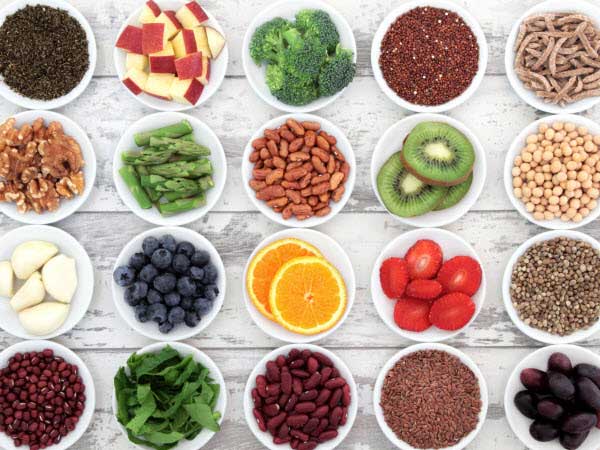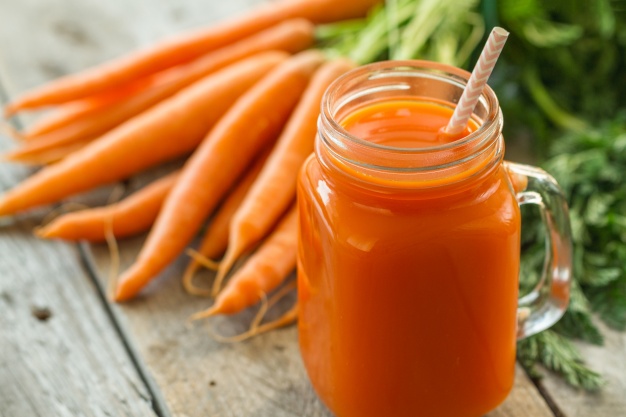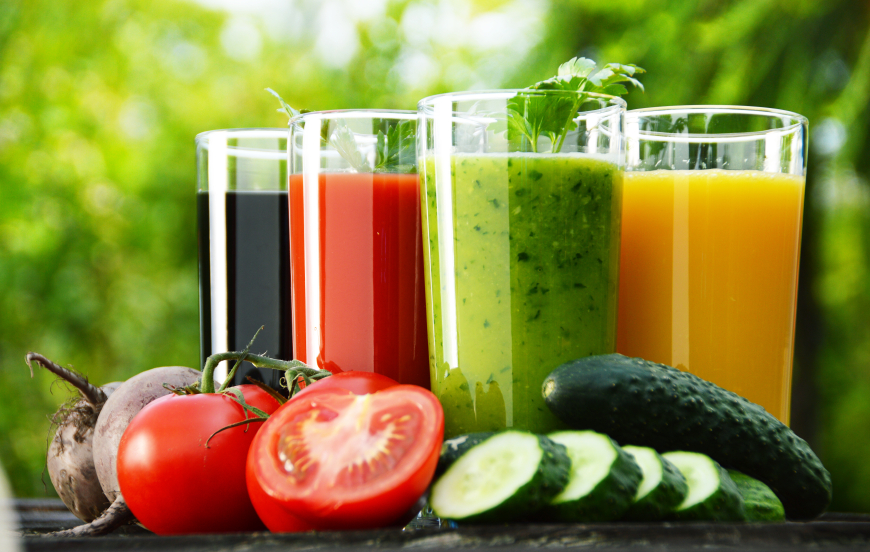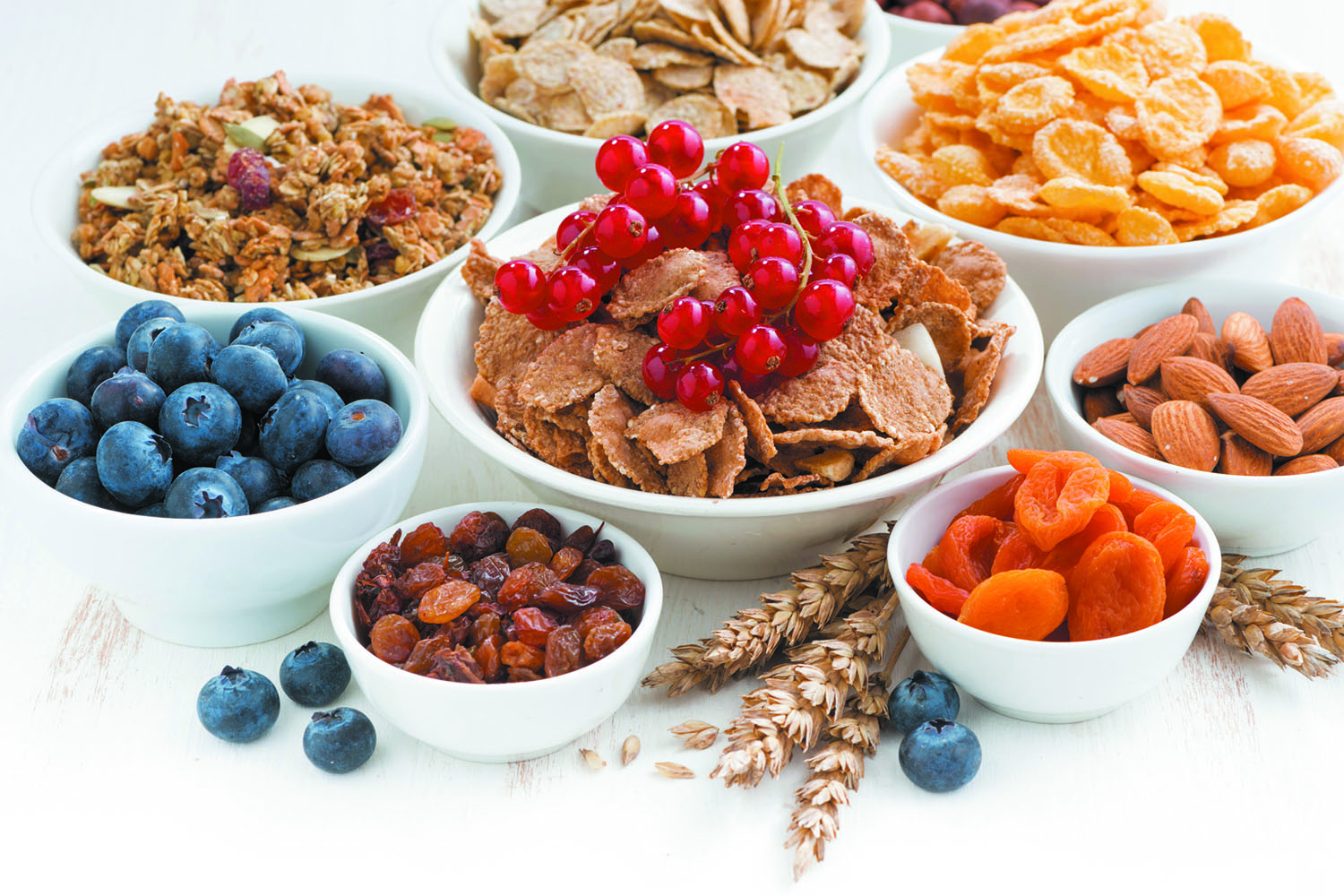Dear Pooja,
I am a 18-year-old girl and my dietician has suggested me that I drink tomato and spinach juice every day. However, I don’t like the taste and find it difficult to drink. Is there an alternative to this?
Your dietitian has only your best interest at heart when she recommends a vegetable juice for you daily. If you inculcate the habit of chugging down one fresh glass of potent natural vitamins, minerals and anti oxidants today at 18 years of age you will never need to pill, dermats and ageing treatments at any age. Nutrition from the plate and not a pill. I’m sure the combination is not locked for you and you can take any vegetables (I’d suggest minimum three) of different colours (for a variety of anti-oxidants) to make you juice daily. The key to its magic is immediately preparation and consumption so that no vitamins are lost and oxidized in translation. Add flavours like celery, ginger, lemon, mint and coriander to enhance the taste. Also I would recommend that a minimum of 50 percent of the roughage be retained in the juice so that your fibre intake of the day also gets done. The vegetable juice daily helps in better bowel movements, clearer skin, stronger hair, longer nails, more energy, better stamina, lesser hairloss, improved immunity, reduced episodes of cold and cough……what more can you ask? So go slurp down a glass of veg juice now! All of you.
Pooja Makhija, 37, nutritionist, columnist
Mother of Ahaana, 10 and Amaira, 7 The toughest thing about being a mother: Constantly trying to be a better one. When you’re a working mother, you feel guilty. So you try harder and pack more in, and that’s something I always find challenging.Also, battling with guilt is a tough task. At work, you are worrying about your kids and when you are with your kids, you’re stressed about work. But, in the end, guilt makes you work harder and magically makes things work.
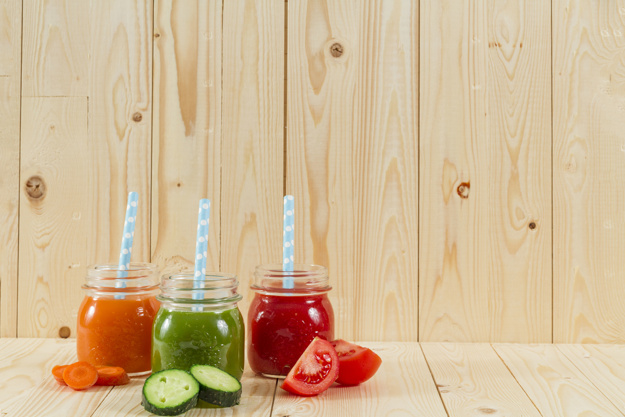
Mantra to staying fit post childbirth: Eating right and exercising. There’s no magic wand or simple formula.
My fitness regimen: Right now, I am focusing on strengthening and toning my muscles. Post-pregnancy, you are left with a lot of loose muscles. I do core strengthening, ab exercises, mix of pilates with exercise-ball, plank and resistance-band workouts three times a week.
Five must-have foods post childbirth: Have good protein like egg whites. Wheatgrass juice is a must. Carbs are not your enemy; if you avoid them to l o s e weight, you won’t have the energy to take care of your baby. Fats are not your enemy either.Have healthy fats like Omega-3 fatty acids found in flaxseeds, almonds and fish.Take supple Take supplements if you don’t eat these on a daily basis.Stock up on fresh fruits and vegetables because they are loaded with disease-fighting and anti-aging antioxidants.
Foods to avoid: Foods high in sugar and fat. Whatever unhealthy stuff you eat is passed on to the baby because breastmilk is the only source of nutrition for them.
Foods to retain good skin and hair: Vegetable juice works wonders. Toss three different raw veggies in a blender (not juicer), season and drink. Avoid excess sugar, it’s an aging food. Eat egg whites for good hair.
Dealing with hormonal changes: Razor-sharp focus keeps my mind stay strong. Raising my kids well is my final goal and I try not to get distracted.
Inculcating good eating habits in children: Instead of force feeding them, try to use informative tools.
Deliver logic with love in a language that they under stand. For exam ple, I often tell my daughters what to eat if they want their hair to grow as long as Rapunzel’s.
They relate to what I say.
My comfort food: A big slice of chilled, baked Philadelphia Blueberry cheesecake.
It’s my ultimate indulgence.
My favourite work out music: Any hot Bollywood track; I am too filmi.
My fitness icon: My husband, Ravi. He’s a fitness freak. Earlier, I’d only focus on eating right but post-pregnancy, I’ve incorporated his way as well, which is more exercise-friendly.
The human digestive system is complicated. It’s designed to masticate, digest, absorb and expel food from our body. Different parts of the body have different jobs cut out, and just like a factory machine, what we consume needs to move at the right speed from one body part to the other. That’s where dietary fibre comes into play. Fibre is to the digestive system what oil is to a machine; without it, everything comes to a grinding -and often painful -halt.
HOW FIBRE HELPS
Your bowels: Let’s start from the bottom. Healthy fibre intake impacts bowel movement the most. A normal-functioning digestive system will produce regular bowel movements that are predictable. The more regular your bowel movements, the slimmer the chance of waste and bacteria build-up inside your body.
Your digestive system: Dietary fibre also helps to keep the rest of the digestive system running and prevents blockages, slow movement of food material, bloating and uneasiness.
Your blood sugar: Dietary fibre is known to slow down the absorption of sugar from food to ensure that it is assimilated far more gradually.When your body is pummelled with high quantities of sugar, it can affect or worsen conditions like diabetes. High fibre foods help your body to balance out so that you don’t suffer from high or low sugar.
Your heart: Fibre helps in stabilising blood pressure, it reduces cholesterol and inflammations in the digestive system, thereby lowering the strain on the heart.
Your weight: High fibre foods make you feel fuller and are often eaten slowly. This helps to control the intake of food, and therefore, your weight.
